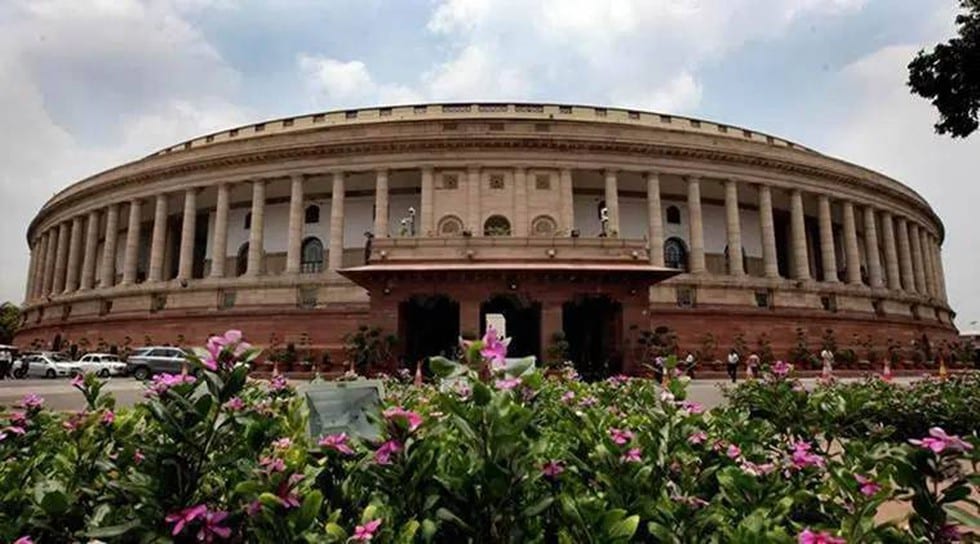About Department-related Parliamentary Standing Committees:
History:
- 17 DRSCs were established in Parliament in 1993 on the proposal of the Lok Sabha Rules Committee.
Seven more similar committees were established in 2004 and their numbers were thus increased from 17 to 24.
Objective:
- The fundamental purpose of the Standing Committees is to make the Executive (i.e. the Council of Ministers) more accountable (particularly in financial matters) to the Parliament.
- They also help the Parliament to discuss the budget more effectively.
Other Important Facts:
- All the Ministries or Departments of the Central Government shall be governed by the 24 Standing Committees.
- Each standing committee consists of 31 members(21 from Lok Sabha and 10 from Rajya Sabha). The members of the Lok Sabha (or Rajya Sabha) are nominated by the Speaker (or Chairman) from amongst its own members.
- A Minister cannot be appointedto any of the DRSCs and if a member of a DRSC becomes a minister, he ceases to be a member of that committee.
- Each standing committee’s term of office is one yearfrom the date of establishment.
- Out of the 24, 8 DRSCs work under the Rajya Sabha and 16 DRSCs under the Lok Sabha.
Source : The Hindu
Last updated on February, 2026
→ UPSC Notification 2026 is now out on the official website at upsconline.nic.in.
→ UPSC IFoS Notification 2026 is now out on the official website at upsconline.nic.in.
→ UPSC Calendar 2026 has been released.
→ Check out the latest UPSC Syllabus 2026 here.
→ Join Vajiram & Ravi’s Interview Guidance Programme for expert help to crack your final UPSC stage.
→ UPSC Mains Result 2025 is now out.
→ UPSC Prelims 2026 will be conducted on 24th May, 2026 & UPSC Mains 2026 will be conducted on 21st August 2026.
→ The UPSC Selection Process is of 3 stages-Prelims, Mains and Interview.
→ Prepare effectively with Vajiram & Ravi’s UPSC Prelims Test Series 2026 featuring full-length mock tests, detailed solutions, and performance analysis.
→ Enroll in Vajiram & Ravi’s UPSC Mains Test Series 2026 for structured answer writing practice, expert evaluation, and exam-oriented feedback.
→ Join Vajiram & Ravi’s Best UPSC Mentorship Program for personalized guidance, strategy planning, and one-to-one support from experienced mentors.
→ UPSC Result 2024 is released with latest UPSC Marksheet 2024. Check Now!
→ UPSC Toppers List 2024 is released now. Shakti Dubey is UPSC AIR 1 2024 Topper.
→ Also check Best UPSC Coaching in India






















